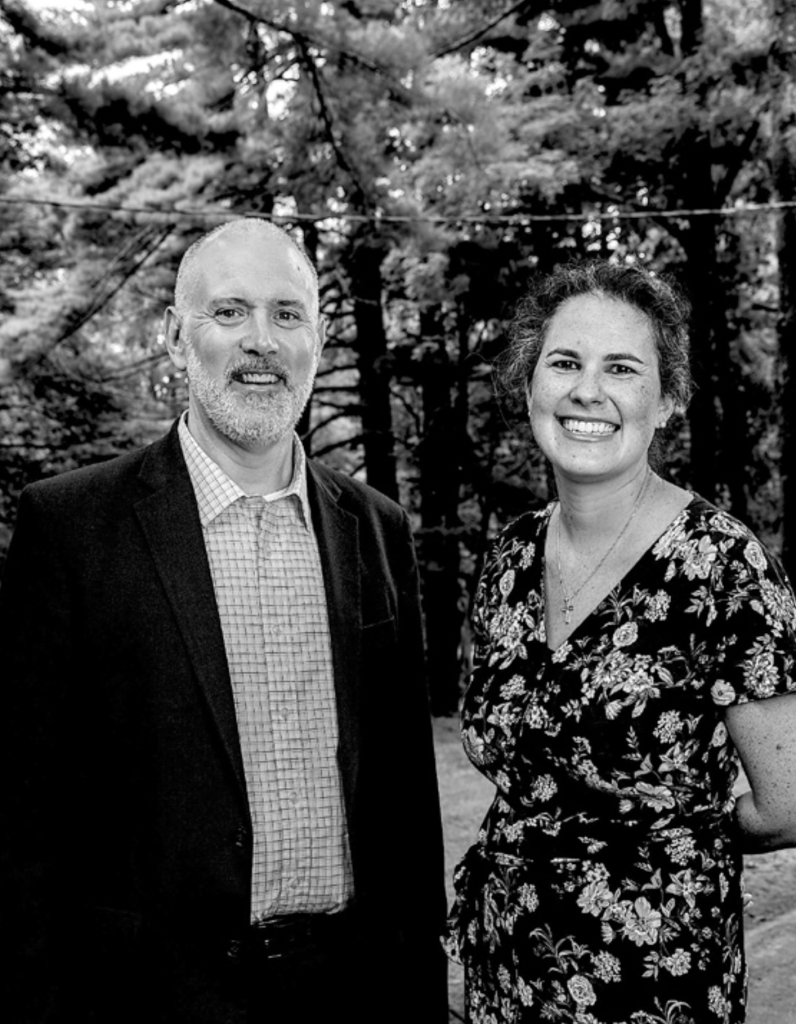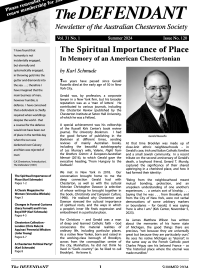An inescapable feature of present-day politics in the West is the fragmentation of traditional political culture. It is marked most clearly by the continuing rise of minor parties as the popular support for major parties wanes.
A growing proportion of people are feeling politically homeless. The primary vote of the usual two major parties – for example, in the USA, Democrat and Republican, and in Australia, Labor and Liberal – continues to shrink.
While the system of proportional representation has one advantage, that of spreading political representation and encouraging movements with a sharper focus on certain causes, it carries the disadvantage of weakening the political coherence and focus of the nation, and often giving crucial decision-making power to distinctly minority voices.
In recent years, one positive response to this trend has occurred in America. It is the political emergence of the American Solidarity Party (ASP).
Inspired by the principles of Christian democratic movements in Europe, it reflects Chesterton’s social and economic philosophy of Distributism and family values. Founded in 2011, the ASP is a national political party, with state and local chapters reflecting its grassroots origins and connections. It promotes policies which cross the current political Left-Right divide. It challenges the social and political polarisation now usually associated with the major parties.
On social issues, the ASP is pro-life and pro-family. On economic issues it favours distributism and the spreading of ownership and power. It supports small businesses, and seeks to foster the creation of worker co-operatives – such as credit unions – and most famously in the Mondragon Corporation in Spain.
Concentration – vs – Distribution of wealth and power
The philosophy of distributism stands in sharp contrast to the concentration of wealth and power in our time – both in large corporations (including those of Big Tech – of Google and Amazon and Facebook – as well as of Big Business)
and, increasingly, in the manifold and ever-growing agencies of government.
As the ASP proposes on its website:
The American Solidarity Party believes that political economy is a branch of political ethics, and therefore rejects models of economic behavior that undermine human dignity with greed and naked self- interest. We advocate for an economic system which liberates people from being cogs in a pitiless machine, instead creating a society of widespread ownership, or distributism.
For the US Presidential election later this year, the ASP has put forward Peter Sonski from Connecticut. His professional background is in journalism, public relations, insurance and business administration.

He argues for tax credits and incentives that support ordinary families – such as living wages, affordable housing, quality medical care, and educational opportunities – and he is an advocate for local businesses that underpin a broad ownership economy.
His running mate for Vice-President is Lauren Onak from Florida. She has university degrees in literature and adolescent education, and is a working-at-home mother with three young children who is also active in various community organisations.
There are roughly 50 minor political parties in America, and the ASP is at this stage fledgling, reliant overwhelmingly on volunteer support, and active in only a few states such as California, Texas, and Ohio.
Its Board of Advisers includes Joseph Grabowski, Vice-President of Evangelisation and Mission for the Society of Gilbert Keith Chesterton (of which Dale Ahlquist is President), and its emergence in America is a timely expression in the political arena of many of Chesterton’s ideas.
